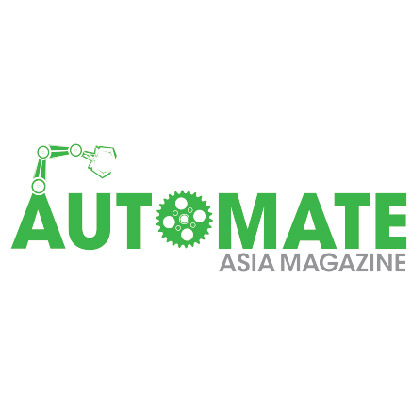IoT Has Huge Potential in Agriculture, Says Deputy Minister
- Automate Asia Magazine

- Oct 9, 2019
- 2 min read
He said as the government moves towards the digital economy and embraces Industry 4.0, there is a need to embrace these technologies to bring agriculture to a higher level.
He said the ministry recently set up two committees — one for agro technology and another for the digital economy in agriculture — to bring new technologies such as IoT and mechanisation into the sector.

“We are also looking to create demand for agricultural produce by creating platforms via the digital economy to address the rise in prices of food products at the consumer level and the suppressed farm level prices resulting from the middle person reaping too much profit,” he said in a press conference at the Maxis IoT Challenge Pitch Day Programme in Kuala Lumpur.
He said the agriculture sector also needs to be more business-friendly to attract more investment in the bid to achieve the government’s aim of raising agriculture’s contribution to GDP to 7.8% in 2020.
“With the Internet and new technologies, we can create higher income jobs and attract the younger generation into new growth areas such as agriculture,” he added. Meanwhile, Maxis Bhd CEO Gokhan Ogut said the pitch day programme is a celebration of creativity and innovation.
“For us, it was exciting to see the challenge unlocking potential on two fronts — that is of participants as well as technology. “It is clear that there is a need to accelerate digital technology across many industries, and we want to play a role helping to advance this agenda,” he said.
The challenge, launched in May this year in partnership with Malaysia Digital Economy Corp, aims to promote the ecosystem development of IoT solutions among companies in a bid to spur Malaysia’s digital economy.
Ogut said in the challenge, 20 finalists pitched their solution prototypes yesterday to panel industry judges, with nine finalists presenting ideas on smart cities, seven on agriculture and four on manufacturing. The top three winners will receive cash prizes of RM15,000, RM10,000 and RM5,000, he added.
Source: themalaysianreserve.com





-01.jpg)


